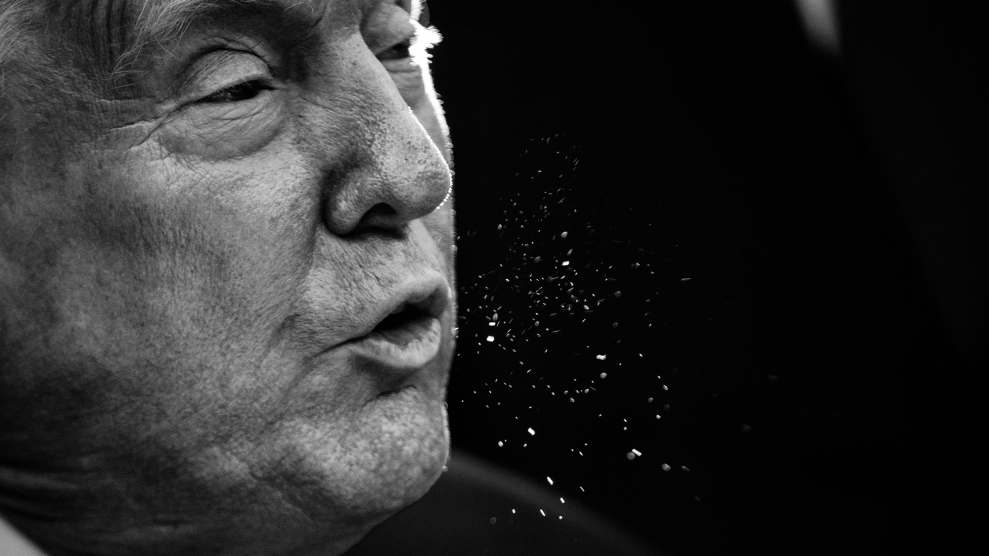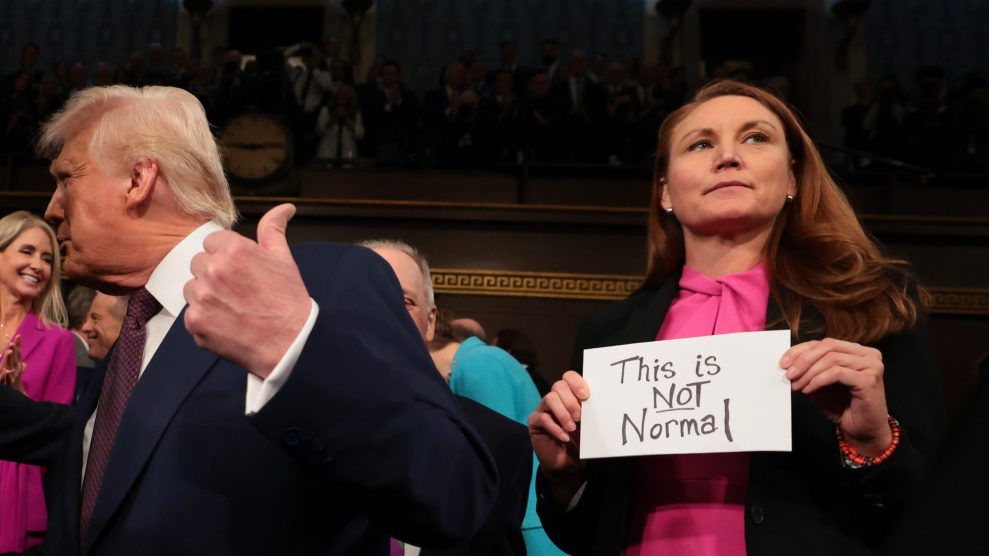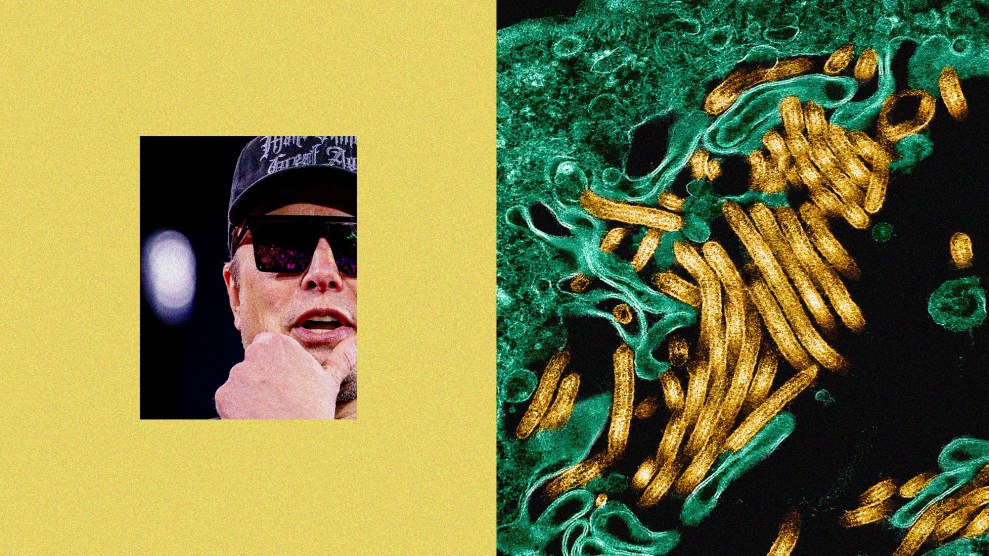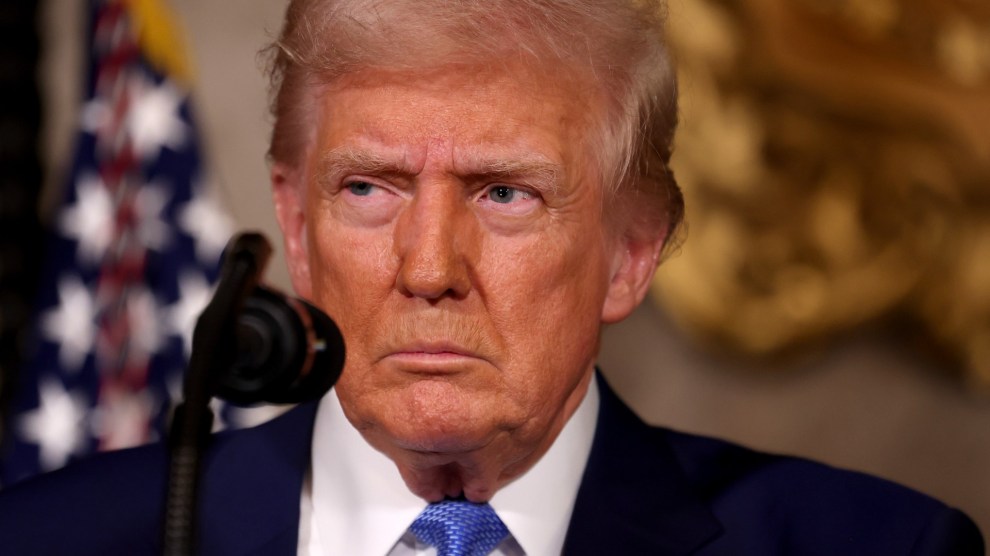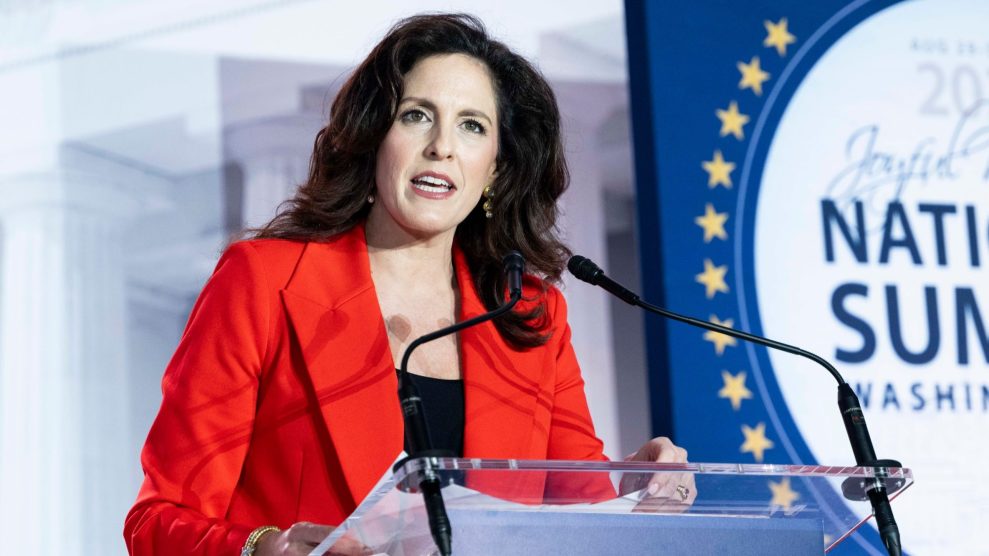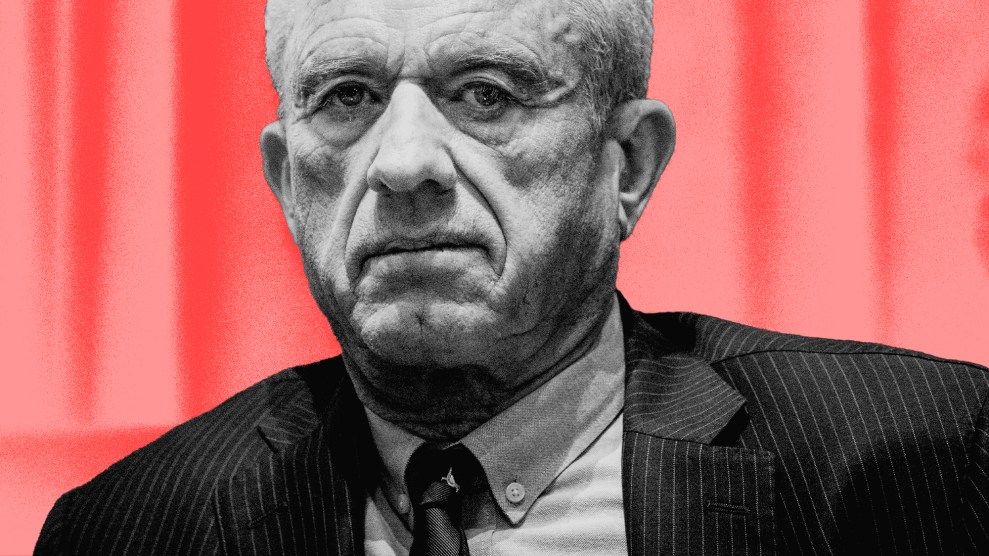They both opposed Gitmo, the Patriot Act and the invasion of Iraq; want to legalize medicinal marijuana; and look like elves. On the psycho-political level, they appeal to idealists and the disaffected with simple, consistent speech and action, a feat normally associated with third-party candidates, but which they’ve achieved within the shark’s mouth of mainstream politics.  Beyond this, however, they’re oil and vinegar, a classic libertarian and a classic liberal, opposites on everything from abortion to gun control, the United Nations to health care. Yet here was Kucinich on Sunday, at the home of Joanna Dennett in Acworth, Ohio, floating the idea of a joint ticket. Is he crazy?
Beyond this, however, they’re oil and vinegar, a classic libertarian and a classic liberal, opposites on everything from abortion to gun control, the United Nations to health care. Yet here was Kucinich on Sunday, at the home of Joanna Dennett in Acworth, Ohio, floating the idea of a joint ticket. Is he crazy?
Probably not. Ron Paul has money, the best Internet campaign in America, and growing legions of dedicated, often rabid, supporters (they number some 60,000 on Meetup.com), many of whom have never volunteered for a political campaign or even voted. Given their disdain for the GOP, Kucinich is wise to court them, if not with his platform, then by dint of his conspicuously independent voting record. Many people support Paul less for his policy proscriptions than his courageous votes against the grain of his own party and the “Establishment.” Several Paulites have told me that in past elections they voted for Nader.
But alas, Paul is not interested in this marriage of opposites. A GOP contender who is viewed by his party as too liberal gains nothing by locking arms with one. On the other hand, just by proposing the idea Kucinich appears to fellow Democrats as more moderate (Or at least that’s the idea; those familiar with how Paul handles race matters might conclude Kucinich has gone off the deep end). Kucinich also appeals to the Internet energy of the Unity08 campaign, which could yet gain steam in future elections. The idea of fringe bipartisanship is just crazy enough to be a hit online, and perhaps even with Paul’s techno-publicans.


